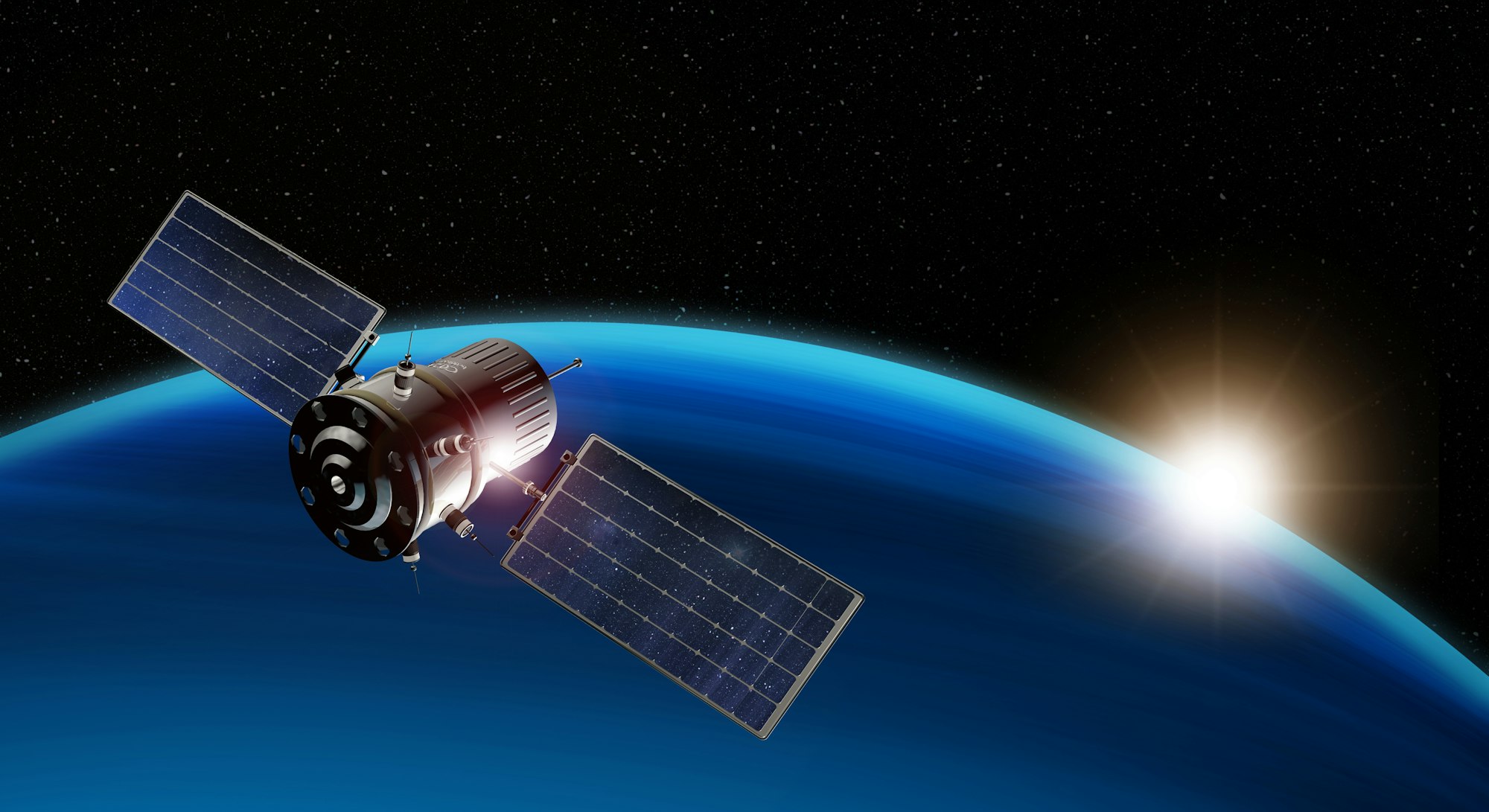Pasqal and Thales Successfully Solve Satellite Planning Challenges With Neutral-Atom Quantum Computing

Insider Brief
- Pasqal and Thales announced progress in a project aimed to explore neutral atom architectures to solve optimization problems, with a particular focus on satellite planning.
- The teams have been investigating whether the performance allowed by the technology can scale up and solve problems of dimensions previously beyond the reach of classical computers.
- They succeeded in solving a satellite planning problem on the QPU and found that neutral atom quantum computers are particularly well-suited for this task.
PRESS RELEASE — Pasqal, a global leader in neutral atom quantum computing, in partnership with Thales, today announced a major advancement within the AQUAPS project. This innovative project aimed to explore neutral atom architectures to solve optimization problems, with a particular focus on satellite planning.
For the past three years, the teams from Pasqal and Thales, supported by the Île-de-France region and GENCI, have been exploring new methods to optimize planning and scheduling processes of critical systems using Pasqal’s quantum processor.
Planning (selection of policies and procedures suitable for carrying out a mission or project) and scheduling (converting project action plans into an operational timetable) are key steps in many critical applications at Thales: logistics, air traffic control, industrial automation, resource allocation and disaster recovery assistance. These calculations are extremely complex and involve long processing times on classical computers.
Using a neutral-atom Quantum Processor Unit (QPU), the teams from Pasqal and Thales have worked closely to identify whether the performance allowed by the technology can scale up and solve problems of dimensions previously beyond the reach of classical computers.
Ultimately, Pasqal and Thales succeeded in solving a satellite planning problem on the QPU. This experiment indicated that neutral atom quantum computers are particularly well-suited for this task, as there is a natural correspondence between the satellite planning problem and the arrangement of atoms in the Quantum Processing Unit (QPU). This correspondence allows an efficient approach to solving optimization problems, thus offering new perspectives in the field of advanced satellite planning.
Georges-Olivier Reymond, CEO and Co-founder of Pasqal, said, “We are extremely proud of the achievements of our collaboration with Thales, GENCI, and the Île-de-France region in the AQUAPS project. This partnership has demonstrated the power of quantum computing in solving real-world optimization problems, opening up new perspectives for the space industry and beyond.”
Frédéric Barbaresco, Quantum Algorithms & Computing Segment Leader at Thales, said, “This close collaboration, financed by the Île-de-France region quantum plan and with the support of GENCI, not only allows Thales to accelerate the maturation of a space use case described by Thales Alenia Space (France & Italy) in the Quantum Computing for Earth Observation (QC4EO) study of the European Space Agency (ESA), but also opens the prospect of other collaborations with Pasqal to study scaling up for effective operational implementation.”
